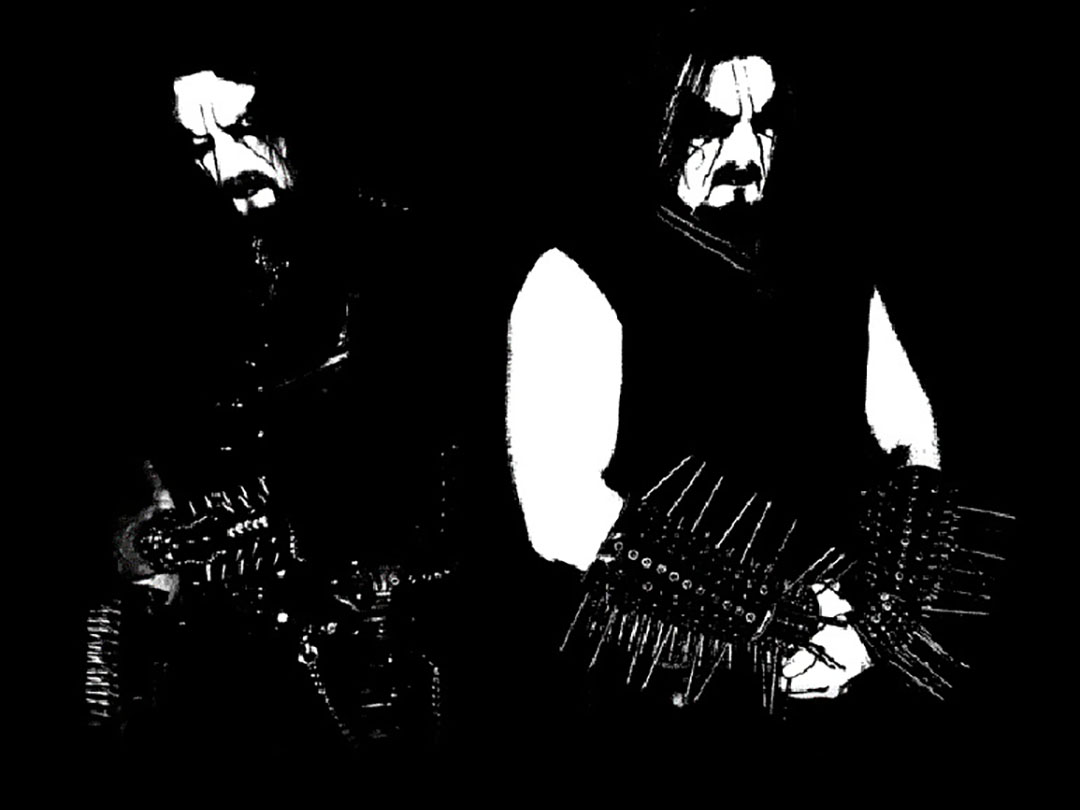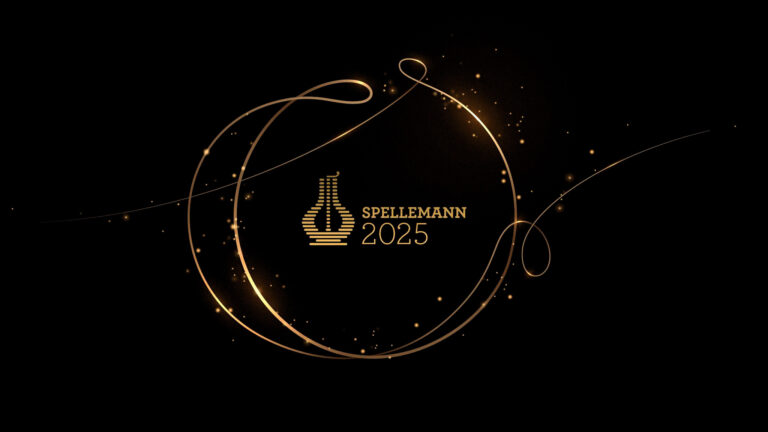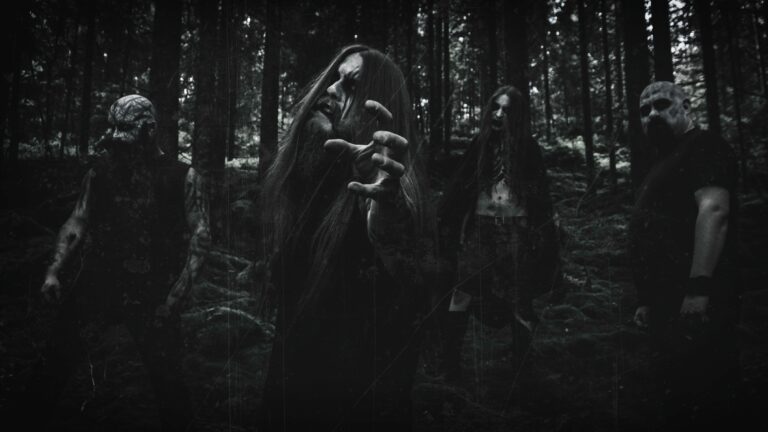
Russian black metal band Black Shadow.
Russia’s Supreme Court has officially banned the so-called “international Satanism movement,” declaring the fictional group an extremist organization. The ruling, issued on July 23 at the request of the Prosecutor General’s Office and the Justice Ministry, follows a similar 2023 decision to outlaw the imaginary “international LGBT movement.”
Though the banned group doesn’t exist, the legal consequences are real and wide-ranging. Under Russian law, any affiliation with or promotion of a banned extremist group — including public events, symbols, or social media posts — can result in criminal prosecution. Distributing materials or helping to organize events linked to such groups can carry a sentence of up to six years in prison, while recruiting others can lead to up to eight years behind bars.
So who are the Satanism movement? Well, obviously artists and fans of musical genres such as heavy metal, death metal, black metal, gothic rock, and industrial — which often feature Satanic themes, symbols like pentagrams, and lyrics dealing with death, darkness, and the occult — may be at risk. Satanic imagery as part of their artistic expression or stage persona, are common within the rock and metal genre. However, under the new ruling, such imagery could be interpreted as criminal.
The authorities could now begin prosecuting artists simply for wearing a T-shirt with a pentagram or posting concert photos that include dark or occult symbolism.
According to human rights group Department One, the ban opens the door to targeting musicians, performers, and public figures — especially those critical of the Kremlin or the war in Ukraine. “The authorities could now begin prosecuting artists simply for wearing a T-shirt with a pentagram or posting concert photos that include dark or occult symbolism,” the group warned.
Rock and metal did play a big part during the fall of the Sovjetunion. Back in the 80s, rock and metal was an expression of freedom. The kids took in their message, leading to rebellion against the authoritarian regime. Maybe Putin is afraid of a similar situation in Russia today.
There is no clear definition of what counts as “Satanic” or “extremist” imagery. The full text of the Supreme Court’s ruling has not been published, and no list of banned symbols has been released. In previous cases, including the LGBT ruling, law enforcement acted based on vague or subjective interpretations — including prosecuting individuals for rainbow flags and colors.
Conspiracy theorist Roman Silantyev, whose testimony was central to the court’s decision, claimed that Satanists have committed hundreds of murders in Russia since 1993, along with acts of cannibalism, rape, and grave desecration. Experts note that these claims are unsubstantiated and reflect moral panic more than reality.
Legal experts like Department One’s Maxim Olenichev say the ruling creates further legal uncertainty. “Because the group doesn’t exist, there are no founding documents, and the court is defining banned symbols itself — which violates the law,” he said. “But in practice, courts ignore this, and people are prosecuted anyway.”
With the ruling taking effect in August 2025, musicians and fans across Russia now face an increasingly unpredictable cultural climate — one in which an album cover, a stage outfit, or a song lyric could potentially lead to arrest. Will rock and metal artists and fans actually be arrested for satanism? Only time will tell.




